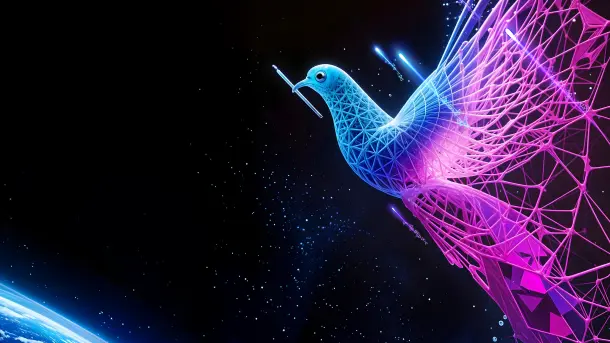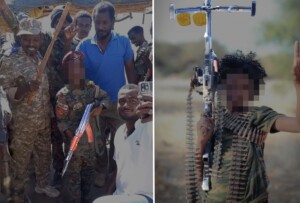UNESCO: World Press Freedom Day 2025, ‘Sudan media landscape in disarray’

UNESCO’s World Press Freedom Day 2025 highlights the impact of artificial intelligence on journalism under the theme: Reporting in the Brave New World – The Impact of AI on Press Freedom and the Media (Photo: UNESCO/Marc James)
As the world marks UNESCO World Press Freedom Day 2025 under the theme “Reporting in the Brave New World: The Impact of Artificial Intelligence on Press Freedom and the Media”, Sudan shows the dark side of this transformation where war, disinformation and digital manipulation work together to silence truth.
Whilst the Sudanese Armed Forces have slowly regained control over much of Khartoum, reports are confirming that at least 90 per cent of media, including TV, radio, and newspaper facilities have been completely destroyed during the hostilities, while looters have stripped any usable equipment and assets in the city that has always been Sudan’s main media hub.
In a report, the Sudanese Journalists Syndicate laments that the offices headquarters of more than 29 media institutions and press offices were subjected to invasion, complete destruction, and closure.
Kamal Elsadig, editor in chief of Radio Dabanga, said the war that began in April 2023 has dismantled Sudan’s media landscape. “All press and media institutions inside the country ceased operations.
Journalists have been displaced and lost their jobs,” he said. In the resulting media vacuum, propaganda and misinformation thrive.
Speaking last year, Elsadig described the conflict as a “parallel media war” where both the Sudanese Armed Forces and the paramilitary Rapid Support Forces use digital platforms as weapons.
“The war is not only fought with bullets and bombs but with tweets, fake headlines and misleading narratives. Independent media is trapped between propaganda and violence.”
This year’s theme offers a clear lens on Sudan’s crisis. While artificial intelligence can support journalism through tools like fact checking and translation, it also speeds up the spread of falsehoods and increases risks for reporters, especially in conflict zones where truth is already under attack.
In Sudan, the problem is not just the lack of press freedom but the deliberate distortion of reality through AI tools that can produce fake video, audio and entire news reports.
Elsadig has warned against the use of AI generated content to create confusion and break down trust. Deepfakes, altered footage and automated campaigns are blurring the line between truth and fiction.
His concerns are backed by a 2023 report from Sudanese fact checking group Beam Reports, Share Mania, which analysed online content from late 2021 to late 2022.
It found widespread use of fake videos, forged documents and recycled media to shape public opinion, especially around the October 2021 coup. Out of 23 fact checks, only three were accurate.
UNESCO’s 2025 message calls for clear protections against AI misuse, ethical development and support for independent journalism, echoing the *Windhoek 30 Declaration on information as a public good.
In response to the collapse of domestic media, Sudanese journalists in exile, including those at Radio Dabanga, have formed the Sudan Media Forum. It offers reliable reporting and runs awareness campaigns such as #StandWithSudan to amplify the voices of civilians facing war and lies.
*Windhoek +30 Declaration, adopted in 2021 on the 30th anniversary of the original 1991 Windhoek Declaration, reaffirms that information is a public good. Marking World Press Freedom Day 2021, it calls for stronger protections for journalists, access to reliable information, and action against disinformation in the digital age.











 and then
and then